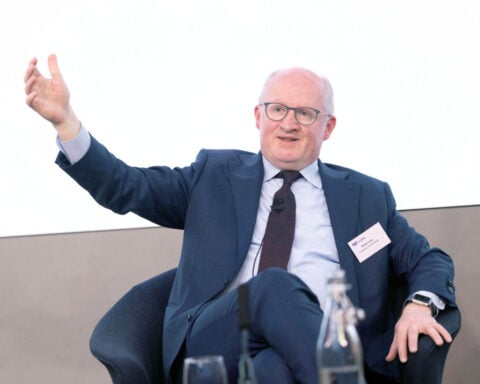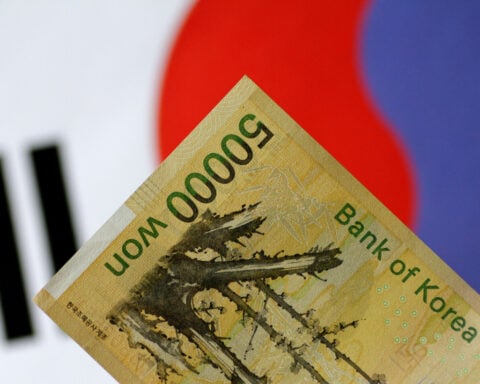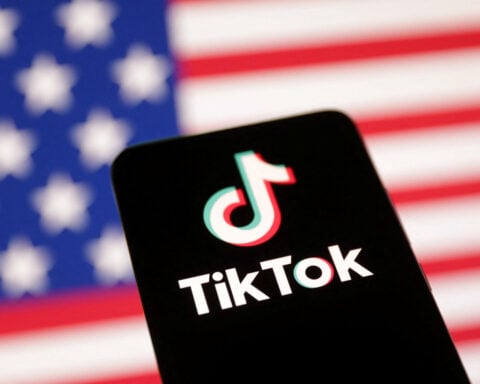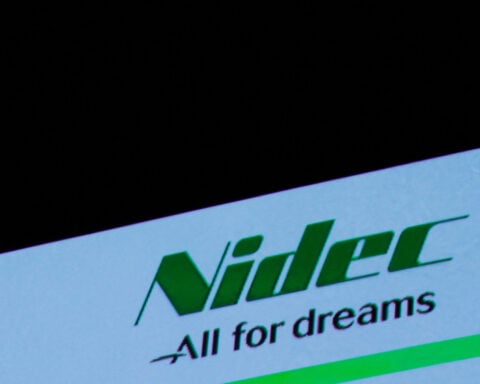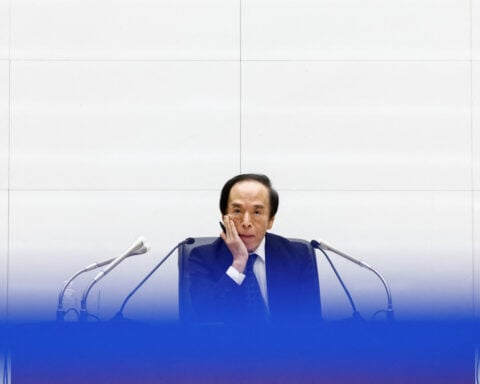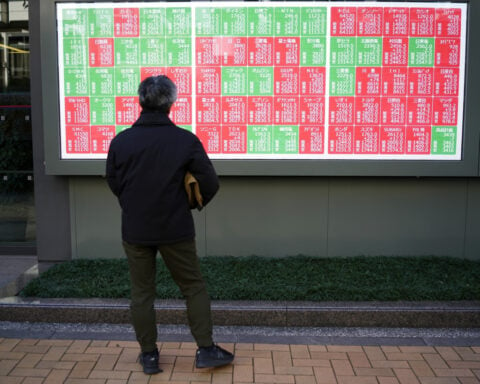By Davide Barbuscia and Carolina Mandl
NEW YORK (Reuters) - As U.S. regulators ready rules that would push more trading in Treasuries to a central clearing venue, the industry's focus is turning on a key question: how much collateral should hedge funds and others put up to trade there.
At issue is whether imposing minimum requirements for collateral, called margin or haircuts, would raise trading costs and curb market liquidity versus the need to guard against a painful collapse in the world's biggest bond market.
Industry practice suggests that a large share of hedge funds trading in repo markets put up zero collateral, meaning they are fuelling activity using enormous amounts of cheap debt.
That has raised concerns among regulators that too much risk has built into the system and market stress could lead to a disorderly unwind of positions by such highly leveraged traders and threaten financial stability.
In recent weeks, there has been increased focus on the pros and cons of a standard margin imposed on all such trades.
"Over time competitive forces have driven haircuts down to zero," said Christopher Clarke, head of North America Sovereign Financing Trading at J.P. Morgan Securities, at a Treasury market conference held at the Federal Reserve Bank of New York last week. "Ultimately what does it mean from my perspective, a dealer? What does it mean for my costs and risks?"
A looming rule by the U.S. Securities and Exchange Commission would expand the use of central clearing in the cash Treasury and repo market.
Central clearing would require market participants to deposit margins, at a level possibly established by the Fixed Income Clearing Corporation (FICC), to protect against the risk of a counterparty's default. SEC chair Gary Gensler recently promoted the benefits of central clearing and pointed to data showing high levels of repo trades transacted at zero haircuts.
The stakes are high. Imposing a hypothetical 200 basis point minimum haircut on trades would mean funds would need to put up an extra $12.4 billion in capital to support trades, reducing their leverage levels, a recent paper by U.S. Federal Reserve economists showed.
Some in the industry are in favor of the regulators' push. James Tabacchi, CEO of South Street Securities, called zero haircuts a "race to the bottom" and not healthy for markets. Tabacchi argued that large banks have the opportunity to not charge their clients haircuts, which has driven out smaller dealers.
However, some market participants have voiced concerns that some of the proposed reforms could be a hurdle for some investors, potentially undermining the goal to improve liquidity and resilience in the Treasury market.
"A total centrally cleared model, while it has its benefits ... will increase the cost of trading and will create barriers to enter the Treasury market," said Richard Chambers, global head of repo trading and global co-head of short macro trading at Goldman Sachs.
(Reporting by Davide Barbuscia and Carolina Mandl; editing by Megan Davies, Paritosh Bansal and Sonali Paul)

 TikTok preparing for U.S. shut-off on Sunday, The Information reports
TikTok preparing for U.S. shut-off on Sunday, The Information reports
 Japan's Makino Milling requests changes to unsolicited bid from Nidec
Japan's Makino Milling requests changes to unsolicited bid from Nidec
 South Korea's Yoon likely to be held in a solitary cell
South Korea's Yoon likely to be held in a solitary cell
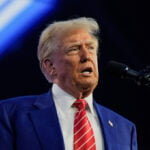 Trump's Greenland bid stirs debate in China about what to do with Taiwan
Trump's Greenland bid stirs debate in China about what to do with Taiwan
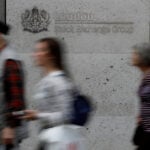 Inflation duo takes centre stage
Inflation duo takes centre stage
 As Los Angeles burns, Hollywood's Oscar season turns into a pledge drive
As Los Angeles burns, Hollywood's Oscar season turns into a pledge drive
 As fires ravage Los Angeles, Tiger Woods isn't sure what will happen with Riviera tournament
As fires ravage Los Angeles, Tiger Woods isn't sure what will happen with Riviera tournament
 Antetokounmpo gets 50th career triple-double as Bucks win 130-115 to end Kings' 7-game win streak
Antetokounmpo gets 50th career triple-double as Bucks win 130-115 to end Kings' 7-game win streak

